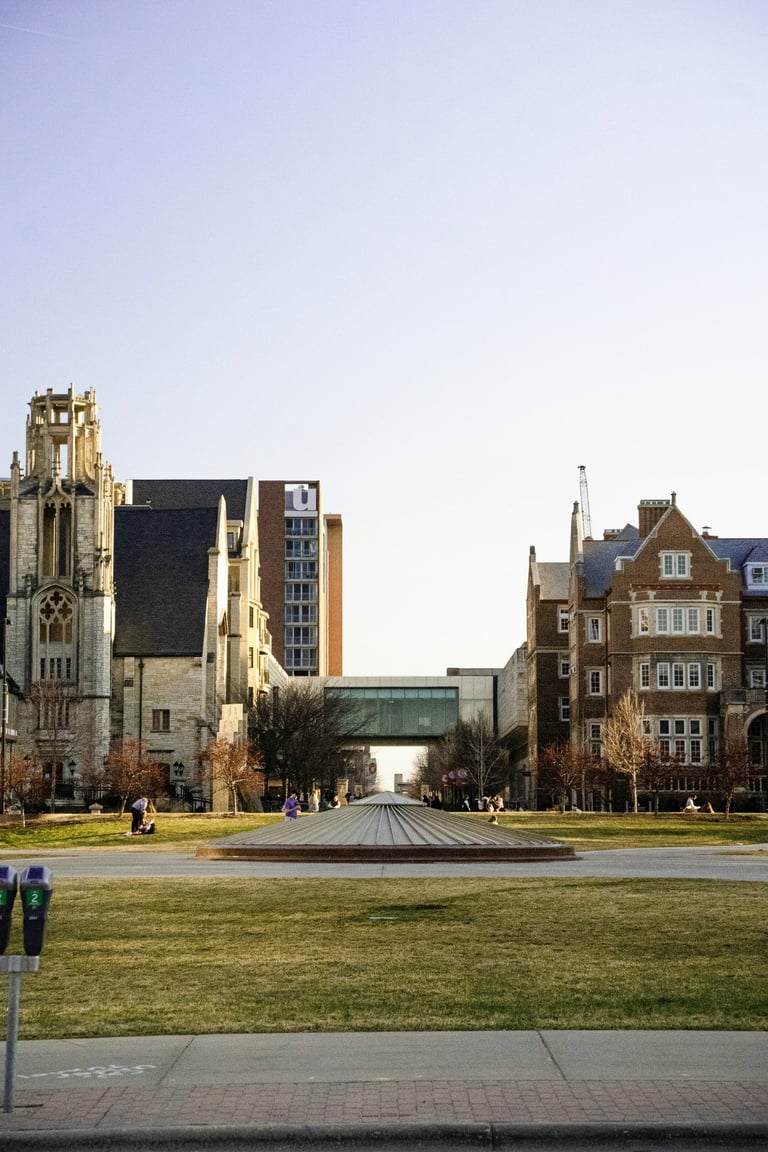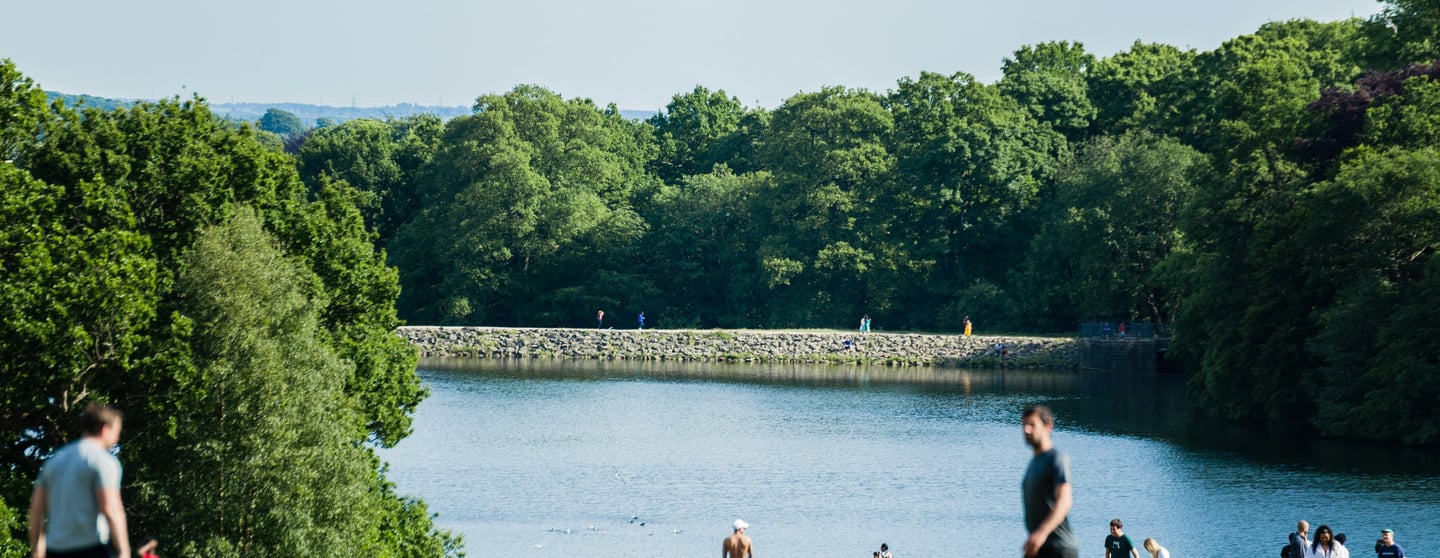Get to know our research on Belonging
Study 1
In our first study, we reviewed responses from focus groups with Black Americans in Wisconsin. They were asked about their experiences in parks.
Study 2
An online survey was conducted with around 400 Black Americans and 400 White Americans across the United States.
Study 3
An in-person park study in collaboration with our non-profit partners was organized with 100 Black Americans participating. We asked them about their experiences in parks before and after visiting a park.




Our mission
The mission of this study is to develop and propose a theoretical model of belonging to explain racial disparities in outdoor space participation. It seeks to understand how historical and modern systemic exclusion, racism, and factors such as environmental design, social interactions, and cognitive perceptions contribute to marginalized racial groups feeling a lack of belonging in outdoor environments. The study aims to offer a comprehensive framework for addressing these disparities and suggests future research to explore and validate the model.
Our vision
The vision of this study is to create a more inclusive and equitable understanding of outdoor spaces, where all racial groups feel a sense of belonging. By addressing the systemic barriers and exclusions that contribute to racial disparities in outdoor participation, the study envisions transforming outdoor environments into spaces that are welcoming and accessible for marginalized communities, ultimately promoting health, wellbeing, and social connection for everyone.
Explore Outdoor Belonging
© 2025. All rights reserved.
